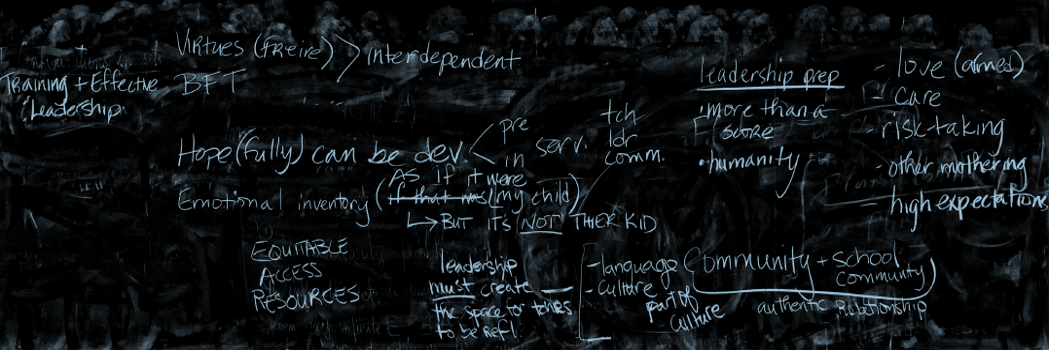I felt the two readings this week deeply. In particular, this line stood out to me in the second article: “King argued that Meier had “failed to comprehend the difference between integration as the demise of separate Black institutions, and desegregation, namely, the overthrow of the regime of racial subjugation defined by the exclusion of Black people “from access to power, wealth, education, status, and dignity” (pp. 19-20). Integration has never served in any capacity as an “overthrow of the regime of racial subjugation,” and her quoting of this statement called to mind for me two other pieces – Malcolm X’s 1963 speech “The Race Problem” and the Black Power manifesto written by Stokely Carmichael and Charles Hamilton. In both cases, they write about the fact that both segregation and integration are controlled by whites and whiteness, and therefore neither gets to the heart of any fundamental shift to a violent or oppressive system.
In the manifesto, Carmichael and Hamilton write: “‘integration’ as a goal…, is based on complete acceptance of the fact that in order to have a decent house or education, black people must move into a white neighborhood or send their children to a white school. This reinforces, among both black and white, the idea that ‘white’ is automatically superior and ‘black’ is by definition inferior. For this reason, ‘integration’ is a subterfuge for the maintenance of white supremacy’” (p. 22). Similarly, Malcolm X told us: “This new type of black man, he doesn’t want integration; he wants separation….To him, segregation … means that which is forced upon inferiors by superiors. A segregated community is a Negro community. But the white community, though it’s all white, is never called a segregated community. It’s a separate community. In the white community, the white man controls the economy, his own economy, his own politics, his own everything. That’s his community. But at the same time while the Negro lives in a separate community, it’s a segregated community. Which means it’s regulated from the outside by outsiders. The white man has all of the businesses in the Negro community. He runs the politics of the Negro community. He controls all the civic organizations in the Negro community. This is a segregated community. We don’t go for segregation. We go for separation. Separation is when you have your own. You control your own economy; you control your own politics; you control your own society; you control your own everything. You have yours and you control yours; we have ours and we control ours.”
I am left thinking about Douglass-Hosford’s final call in her first article – “rather than continuing to produce and consume research that “discovers” the inequalities every person of color already knew existed, I wonder if we might instead envision a system of education where everyone is free.”




I really appreciated your post Lucy. It reminded of a panel hosted by the NYC Alliance for School Integration and Desegregation a few years ago where they were discuss the needs for, benefits of, and barriers to school integration. I remember being in the room struggling with much of the discussion when a former student of mine from SEO Scholars, then a senior in HS, came to the mic. She ask the panel why going to a “good school”, getting a quality education and having adequate resources had to involve proximity to whiteness. She told the panel that this sent the message to Black and Latinx students that they could only get a good education if they were sitting next to a white person. She asked why this couldn’t just be the truth in her community. She asked why Black and Latinx students had to bear the brunt of school integration by having to commute and leave behind their community and culture to go to school. She uplifted the importance of being educated within her cultural context and challenged the group to are data on why school integration was necessary and effective. Rather than a meaningful interaction, she was met with deflection and adultism.